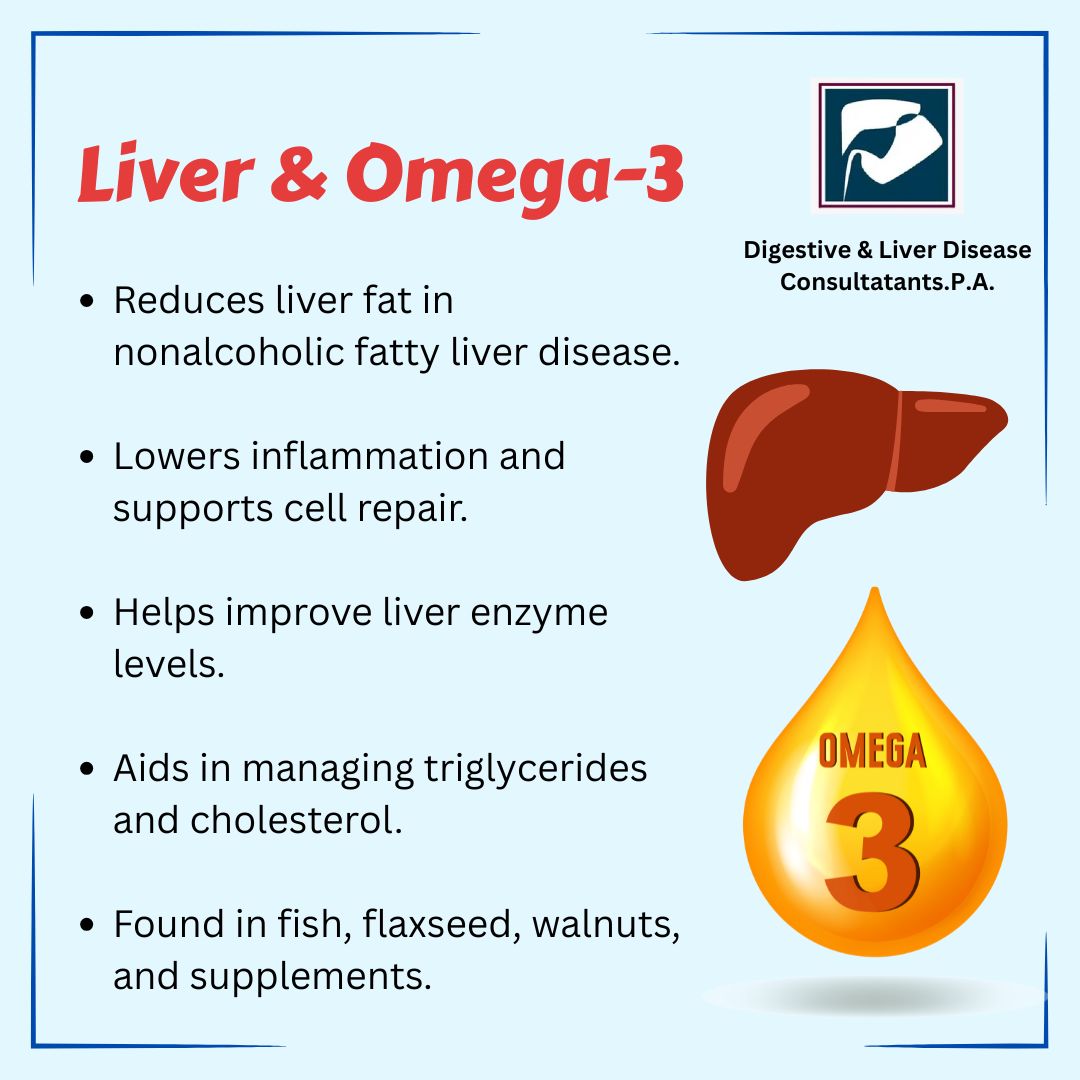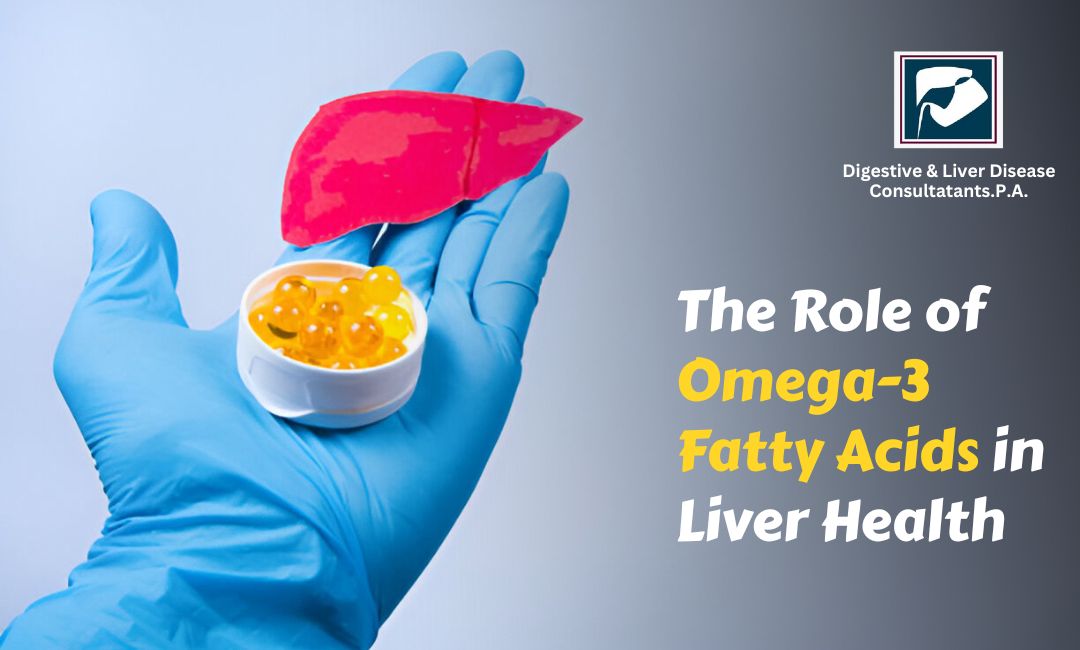The liver is one of the most vital organs in the human body, responsible for detoxifying harmful substances, producing essential proteins, regulating cholesterol, and supporting digestion. But in today's fast-paced world, our livers are under constant pressure from unhealthy diets, sedentary lifestyles, and environmental toxins. Fortunately, nature offers us a powerful tool to support liver function — omega-3 fatty acids.
In this blog, we’ll explore how omega-3 fatty acids benefit liver health, particularly in managing conditions like fatty liver disease and inflammation. We’ll also guide you on choosing the best omega-3 supplements for liver health and why it's essential to include them in your daily routine.
What Are Omega-3 Fatty Acids?
Omega-3 fatty acids are a group of essential fats that your body needs but cannot produce on its own. The most important types are:
- EPA (Eicosapentaenoic Acid)
- DHA (Docosahexaenoic Acid)
- ALA (Alpha-Linolenic Acid)
EPA and DHA are mainly found in fatty fish like salmon, sardines, and mackerel, or in fish oil supplements, while ALA is found in plant sources like flaxseeds and walnuts. For liver health, EPA and DHA are particularly important.

Omega-3 and Liver Health: What the Science Says
Research over the past decade has consistently shown the positive effects of omega-3s on liver function. From reducing liver fat to controlling inflammation, these healthy fats play multiple roles in keeping your liver strong.
1. Omega-3 for Fatty Liver Disease (NAFLD)
Non-Alcoholic Fatty Liver Disease (NAFLD) affects nearly 25% of adults in the U.S. and is one of the most common liver conditions today. It's caused by the buildup of fat in liver cells unrelated to alcohol use. Studies show that omega-3 supplements for liver health can reduce fat accumulation and improve liver enzyme levels in patients with NAFLD.
Key Benefit: Omega-3s help reduce liver fat, making them effective in omega-3 and NAFLD treatment.
Best Option: High EPA and DHA supplements are considered the best omega-3s for liver fat reduction.
2. Anti-Inflammatory Effects of Omega-3
One of the liver’s biggest enemies is inflammation, which can lead to scarring (fibrosis) and ultimately cirrhosis if left untreated. Omega-3 has powerful anti-inflammatory properties, particularly EPA, which helps reduce cytokines and inflammatory markers in the liver.
Keyword Insight: The omega-3 anti-inflammatory effect supports liver repair and prevents long-term damage.
Helpful For: People with hepatitis, autoimmune liver diseases, or NAFLD-related inflammation.
3. Omega-3 and Liver Enzymes
Elevated liver enzymes (like ALT and AST) are often a sign of liver stress or injury. Regular intake of omega-3s can help normalize these levels.
Keyword Insight: Research supports a connection between omega-3 and liver enzymes, showing improved test results in many patients.
4. Omega-3 and Cholesterol Metabolism
The liver plays a central role in managing cholesterol levels. Omega-3s are known to improve the liver’s ability to regulate cholesterol, particularly by lowering triglycerides and increasing HDL (good cholesterol).
Keyword Insight: The relationship between omega-3 and cholesterol supports heart and liver health simultaneously.
Fish Oil Liver Benefits: What Makes It Special?
Fish oil, rich in EPA and DHA, is one of the most popular omega-3 supplements available. When it comes to liver health, fish oil stands out due to its ability to:
- Reduce liver inflammation
- Improve insulin sensitivity
- Lower triglyceride levels
- Assist in liver detox and repair
For those looking for the best omega-3 for liver support, high-quality fish oil supplements with high EPA and DHA concentrations are highly recommended.
Choosing the Right Omega-3 Supplement
Not all supplements are created equal. When selecting omega-3 supplements for liver health, look for:
- High concentrations of EPA and DHA (at least 500–1000 mg per serving)
- Purity and third-party testing (to avoid mercury and toxins)
- Enteric-coated or triglyceride form for better absorption
You can also talk to your liver specialist or gastroenterologist before starting any supplement to ensure it’s safe for your condition.
How Omega-3 Helps in Liver Detox and Repair
Your liver works hard to detoxify your body. Omega-3s support this function by enhancing cell membrane flexibility and improving blood flow in liver tissues. In simple terms, omega-3s act like “oil for the liver's engine,” keeping it running smoothly and efficiently.
Keyword Insight: Many people take omega-3 for liver detox, especially during recovery from liver stress or inflammation.
Omega-3 for Inflammation and Liver Protection
Whether you're facing mild digestive discomfort or recovering from a more serious liver issue, omega-3s help reduce oxidative stress and inflammation — both of which contribute to liver damage over time.
Long-term Benefit: Regular intake of omega-3s may prevent liver fibrosis and reduce the risk of liver-related complications.
About Digestive & Liver Disease Consultants, P.A.
At Digestive & Liver Disease Consultants, P.A., we are dedicated to helping patients maintain and improve their liver and digestive health through expert medical care and personalized treatment plans. Our board-certified gastroenterologists provide comprehensive care for a wide range of liver conditions, from fatty liver disease and hepatitis to liver cirrhosis and beyond.
We believe in the power of lifestyle, nutrition, and supplements like omega-3 fatty acids to complement medical treatments. If you're experiencing symptoms of liver disease or looking for guidance on maintaining your liver health, our team is here to help.
Final Thoughts
Omega-3 fatty acids play a vital role in supporting liver health. From reducing fat buildup and inflammation to improving liver enzyme levels and aiding detox, these essential fats offer multiple benefits. Whether you choose to get your omega-3s through diet or supplements, making them a part of your liver wellness plan can be a smart, natural step forward.
Schedule an appointment today with our liver specialists at Digestive & Liver Disease Consultants, P.A. and take the first step toward better liver health.






